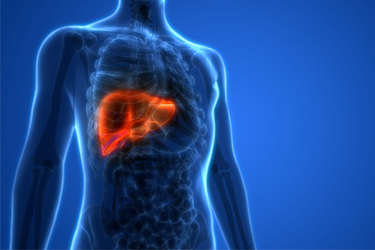The Application Of The Species-Specific Liver-Chip In Predicting Hepatoxicity

An evaluation of 150 drug candidates that caused adverse events in humans revealed that testing solely in rats and dogs predicted only 71% of these toxicities in humans. Of particular concern is the liver, as drug-induced liver injury (DILI) stands as the primary reason for the withdrawal of drugs from the market and throughout the clinical development process.
The Emulate Liver-Chip offers a promising solution to this translational challenge, as it replicates in vivo-relevant liver function within a more physiologically accurate microenvironment compared to conventional cell-based models.
This application note outlines how researchers can leverage the Liver-Chip to anticipate diverse mechanisms of unexpected human toxicity in preclinical drug candidates, evaluate the human relevance of toxicity observed in preclinical animal studies, and decipher the mechanism of toxicity for candidates showing unexpected safety signals in the clinic.
Get unlimited access to:
Enter your credentials below to log in. Not yet a member of Bioprocess Online? Subscribe today.
